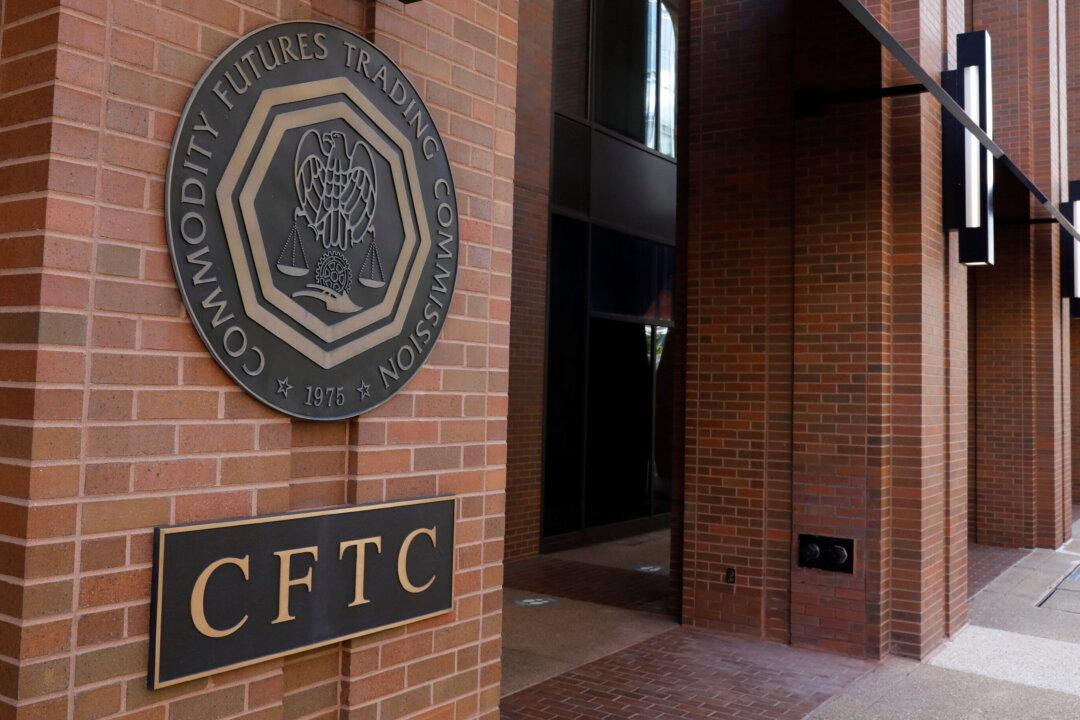U.S. financial regulators have rejected a bid by prediction market Kalshi to offer bets on U.S. congressional elections.
The Commodity Futures Trading Commission (CFTC) on Sept. 22 issued a 23-page order (pdf) disapproving Kalshi’s congressional control political event contracts on the premise that they amount to prohibited gambling activity.





